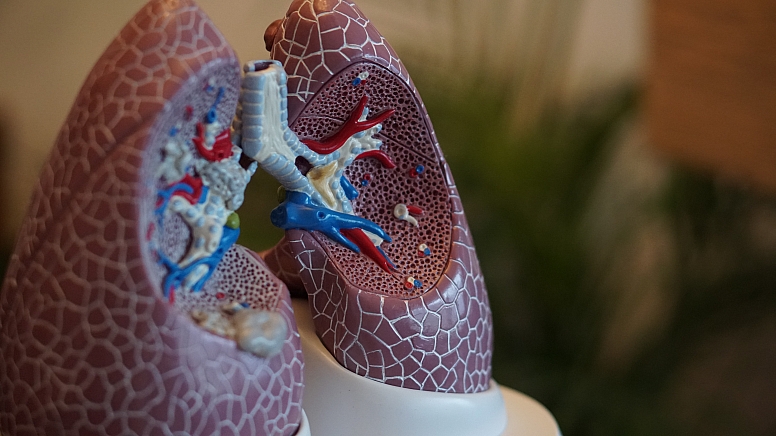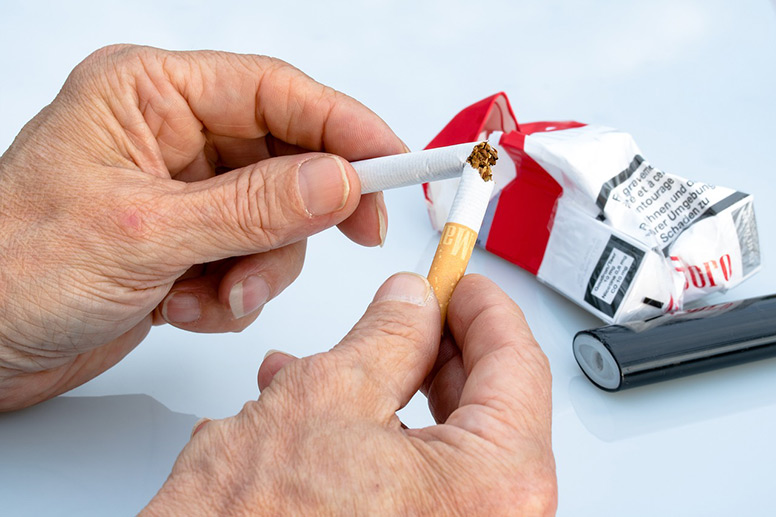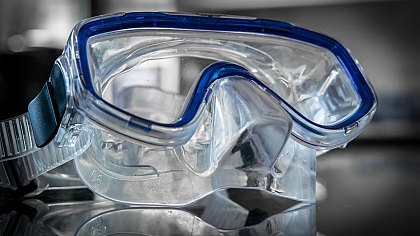
Explore Treatment Options & Ways to Prevent Lung Cancer
Bronchogenic carcinoma initiates in the lungs. Lungs are vital human organs, and they are present in the chest. Lungs are spongy and an integral component of your respiratory system, comprising a group of tissues and organs that function cohesively to facilitate breathing. Lung carcinoma or cancer is undoubtedly, the predominant cause of cancer fatalities globally.
In this context, you may realize that irrespective of a prolonged period of smoking, you may quit smoking as that can be immensely beneficial in preventing lung carcinoma. Remember that you cannot prevent all types of lung cancers. However, you can consider doing certain things to minimize your risk, like modifying the risk factors under your control.
Usually, individuals in the habit of smoking face the maximum risk of developing lung issues, including cancer. This risk may get aggravated with the number of cigarettes and the extended period you have been smoking. Once you stop smoking, after being hooked on to it for several years, you can still remarkably reduce cancer risks. According to the CDC, when cancer in your lungs is diagnosed, you may have to get a few more tests done to know the extent of the damage.
The test results will reveal how far the disease has progressed to your lymph nodes and other parts of your body, from your lungs. We will discuss a few lung cancer treatment options in this article. Moreover, it pays to realize that no cancer preventive stratagems can guarantee that they can safeguard you from acquiring cancer. However, you may explore several strategies and make a few wise choices in your everyday life to minimize cancer risks.
Some Effective Cancer Treatment Options
Surgery Is Usually the Right Option & First Line of Treatment
Surgery is generally a primary treatment for primary-stage lung cancer, where the tumour is localized and has not extended to other parts of the body. The objective of surgery is to remove the tumour and, in some cases, nearby lymph nodes. Different surgical procedures can be performed, including:
• Lobectomy: Remove one lobe of the lung.
• Pneumonectomy: Remove the whole lung.
• Bilobectomy: Remove two lobes
• Segmentectomy or Wedge Resection: Remove a part of a lobe. Alternatively, remove a small wedge-shaped portion of the lung tissue.
Doctors recommend surgery only after a comprehensive evaluation of the patient and his clinical history to make sure he is the right candidate for the surgical intervention.
Chemotherapy
Chemotherapy is an effective lung cancer treatment and is also referred to as chemo. Chemotherapy involves taking drugs to kill cancer cells or slow their growth. It is often administered, in combination with other treatments, such as surgery or radiation therapy. Chemotherapy can be systemic or targeted to the lungs directly through inhalation.
It is commonly used for advanced-stage lung cancer, to shrink tumours before surgery, or to control symptoms and prolong survival. Your unique chemotherapy plan is chalked out according to parameters like the stage and kind of cancer, your unique treatment preferences & objectives, and your health.
Radiation Therapy
Radiation therapy makes effective use of high-energy X-rays or other forms of radiation to destroy cancer cells or shrink tumours. It can be used as a primary treatment for early-stage lung cancer, as a curative treatment after surgery, or as a palliative treatment to relieve symptoms in advanced stages. Radiation therapy can be delivered externally or internally where radioactive stuff is strategically placed near the carcinoma.
Take Basic Preventive Measures

It is best to quit smoking and minimize secondhand smoking to the extent possible. Avoid exposure to harmful substances and other environmental factors. Take effective steps to minimize exposure to diesel exhaust, arsenic, asbestos, and radon. You may be careful about reducing exposure to air pollutants.
Most importantly, you may prevent lung carcinoma by making a few lifestyle modifications and leading a healthy life.









